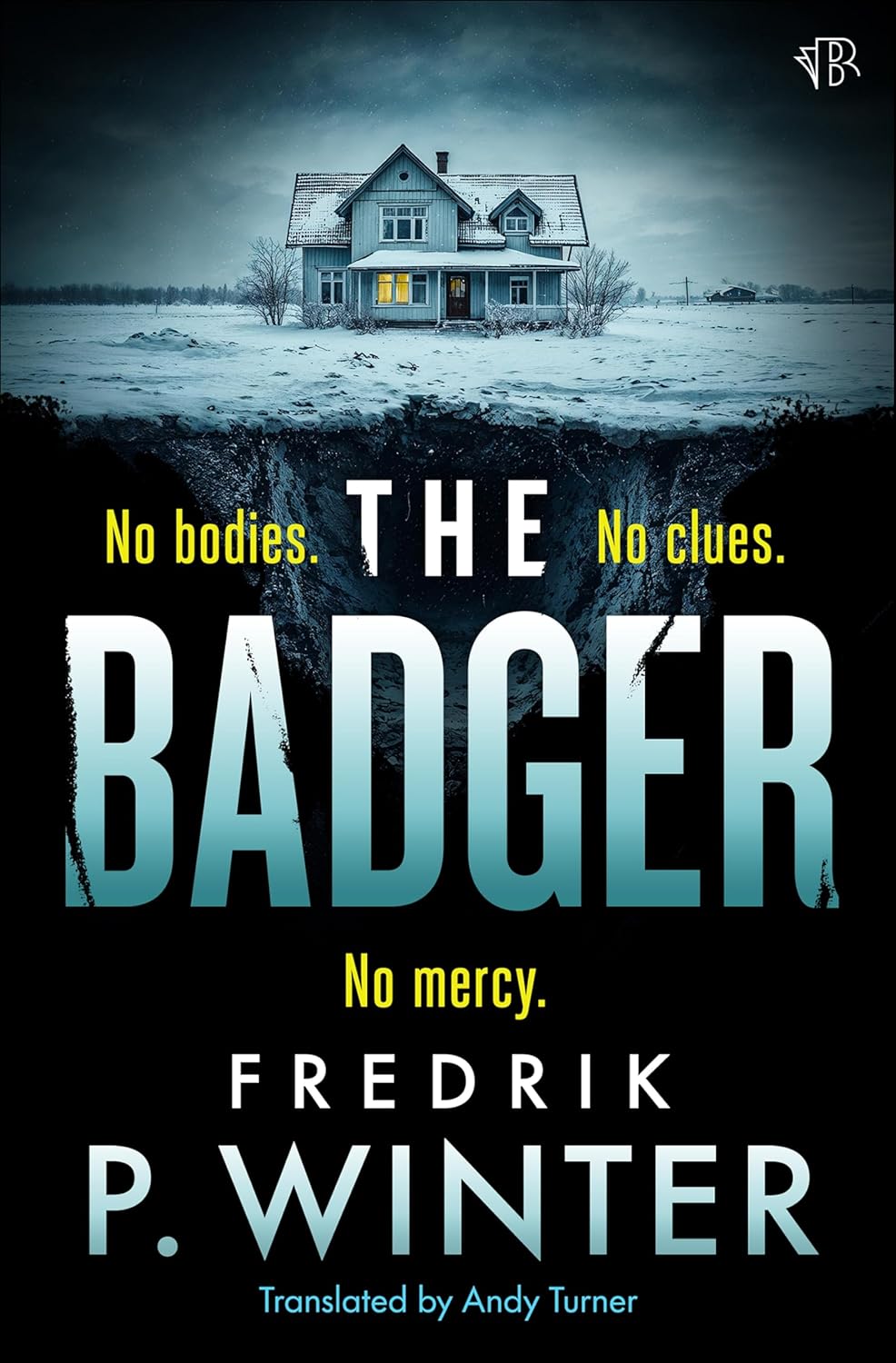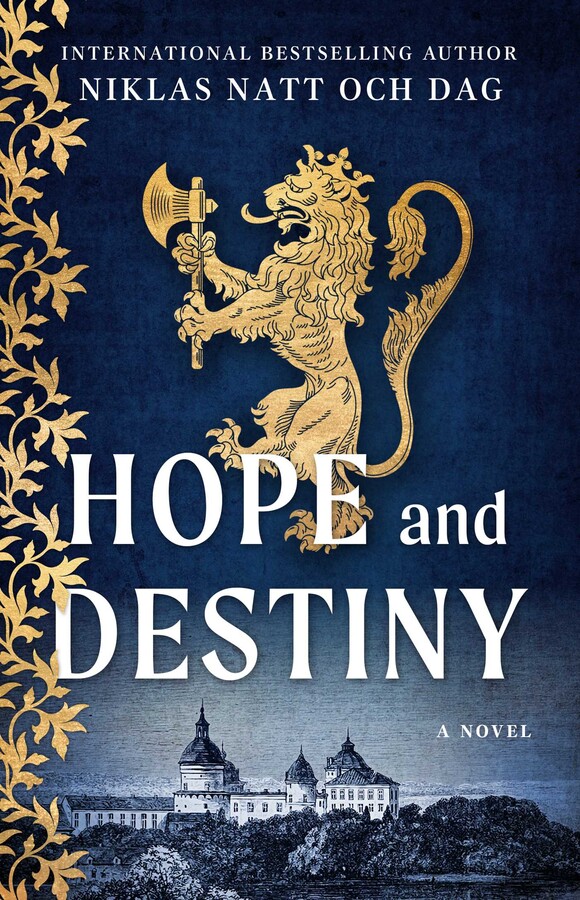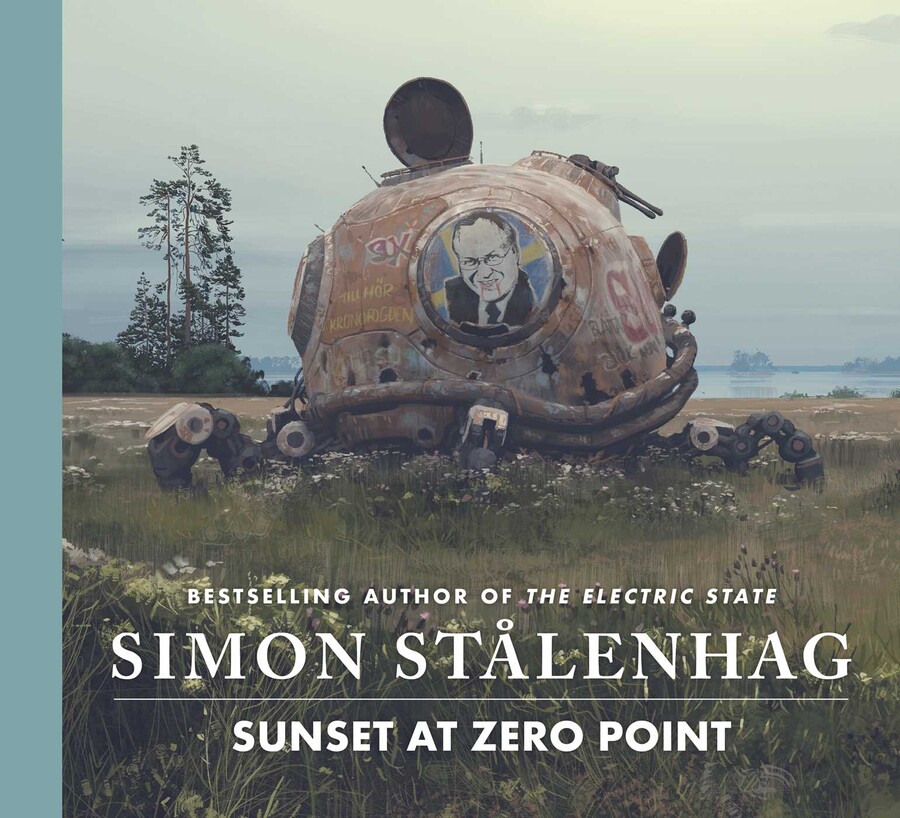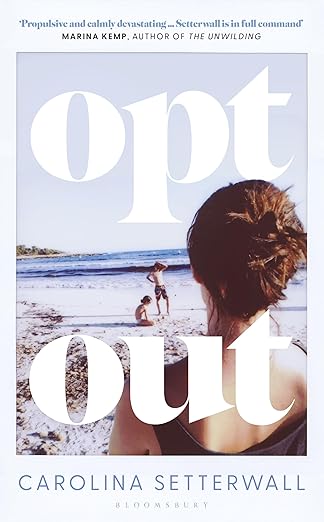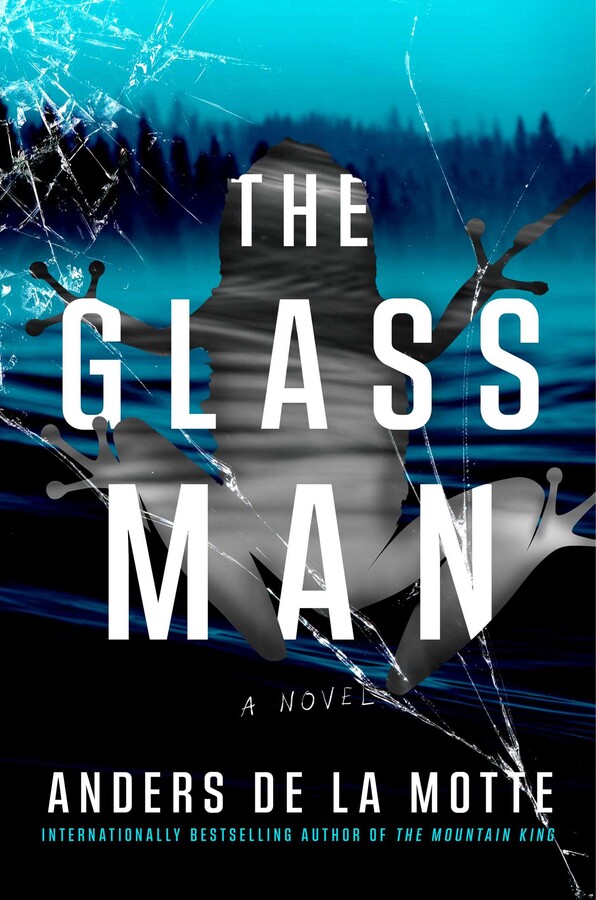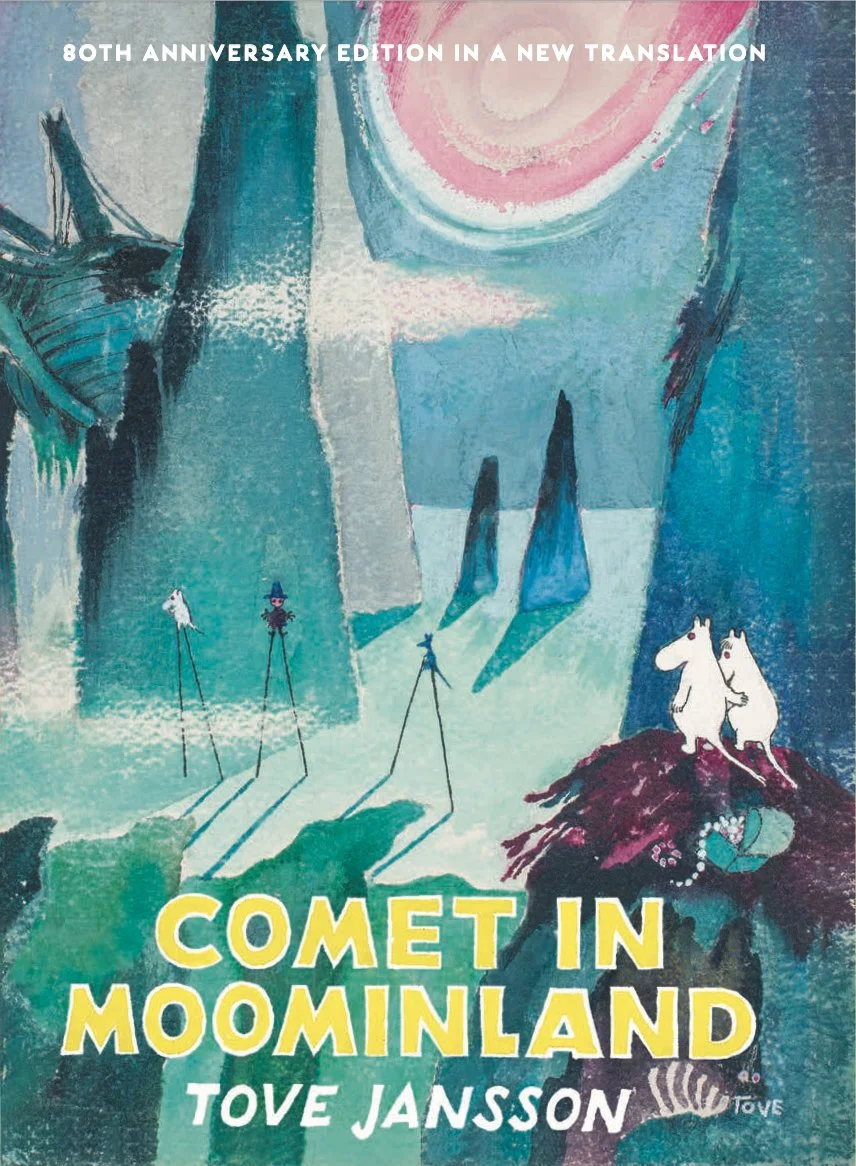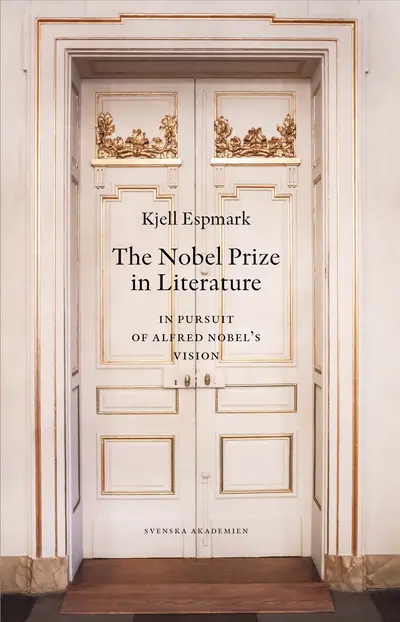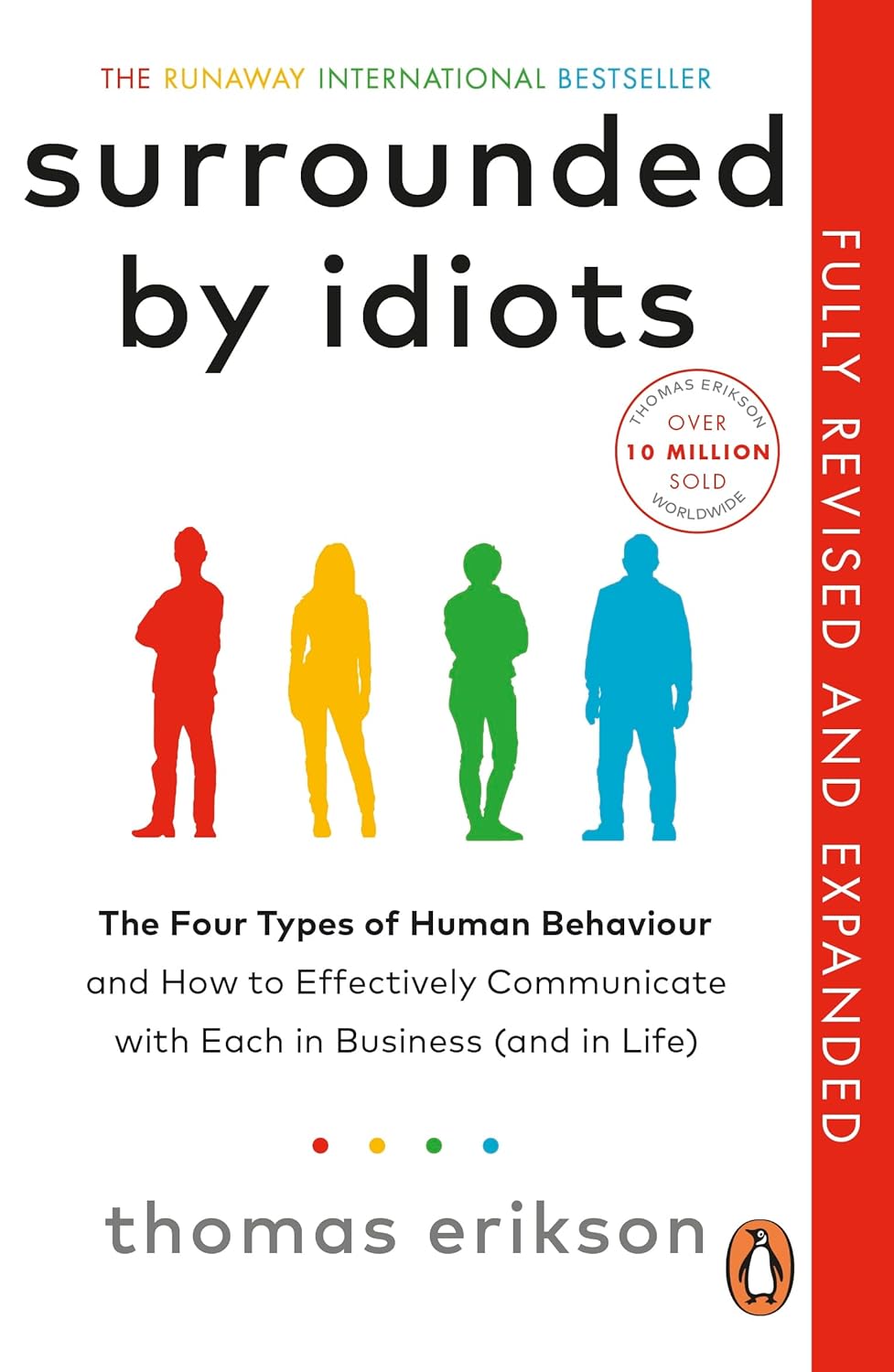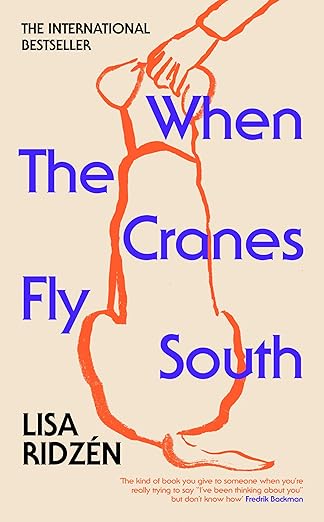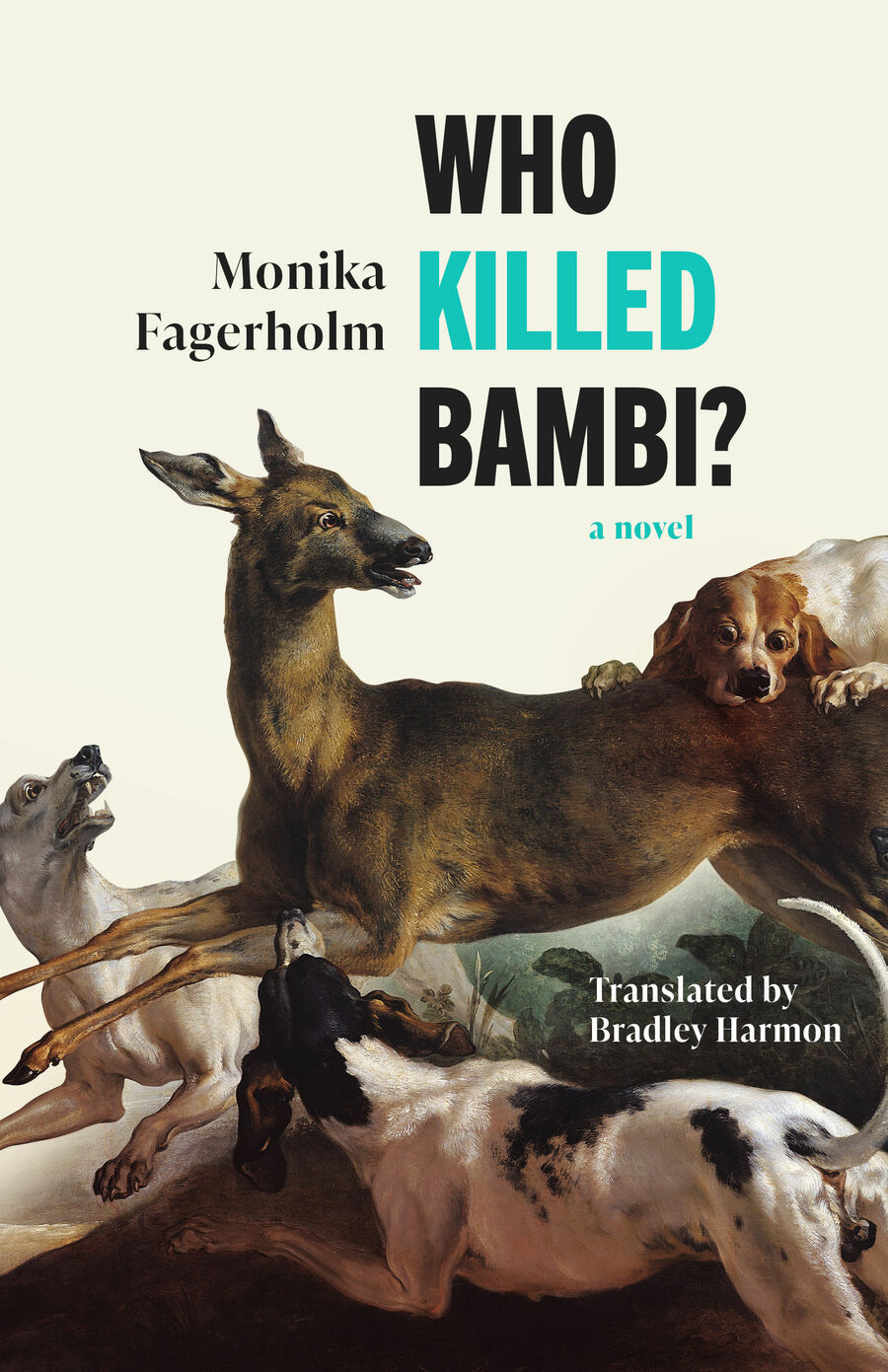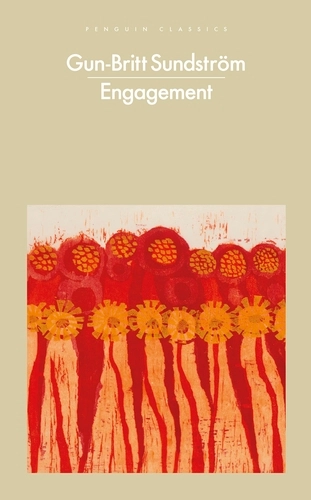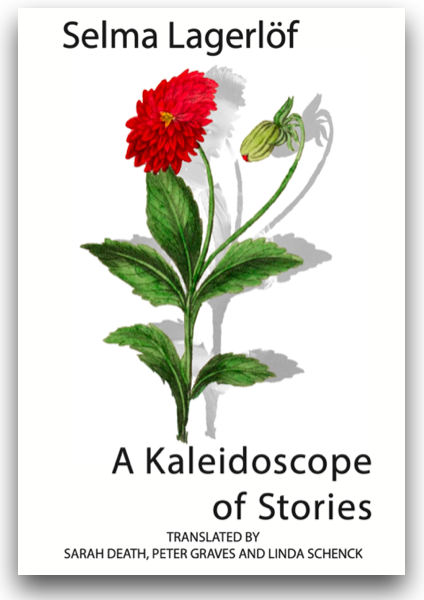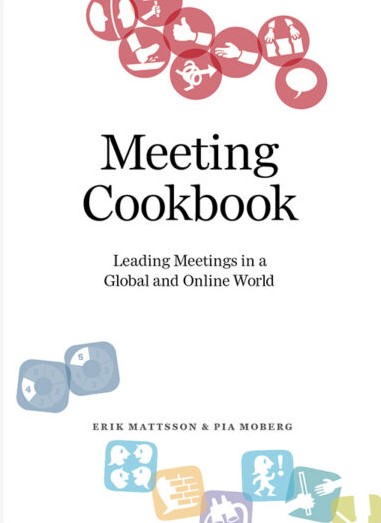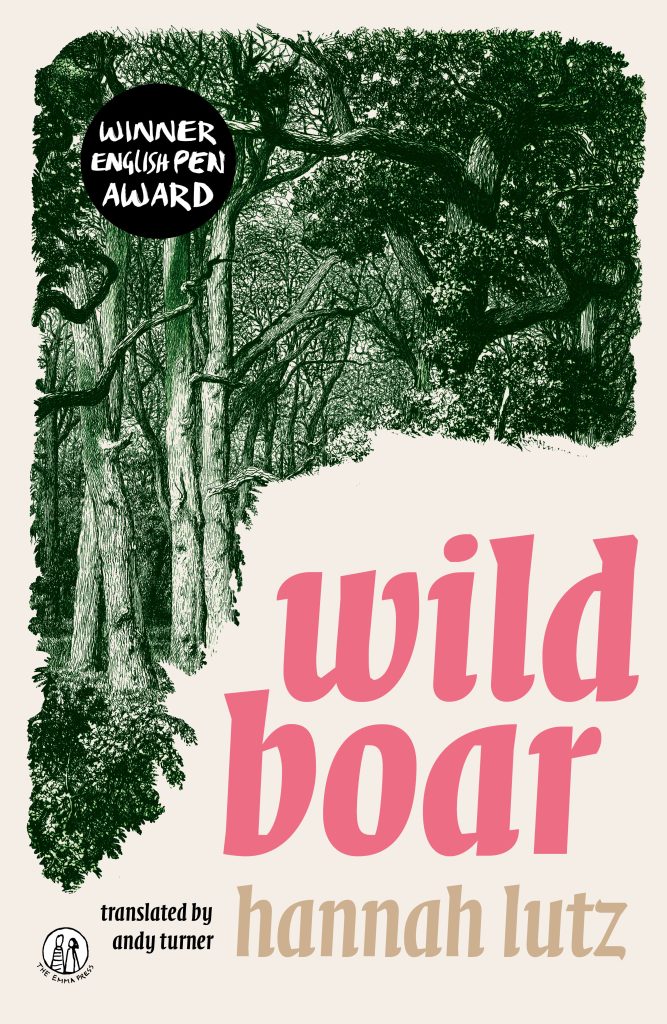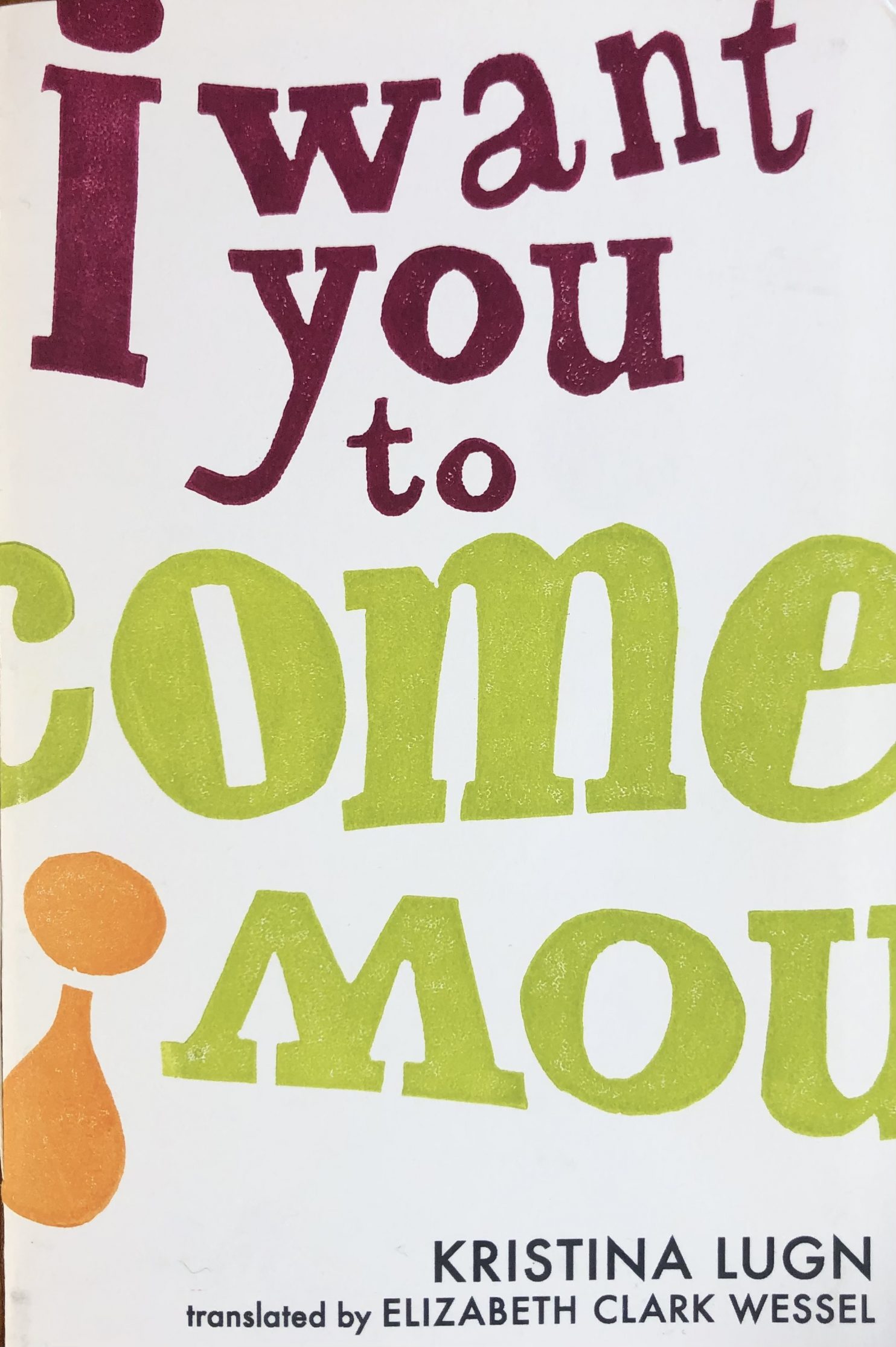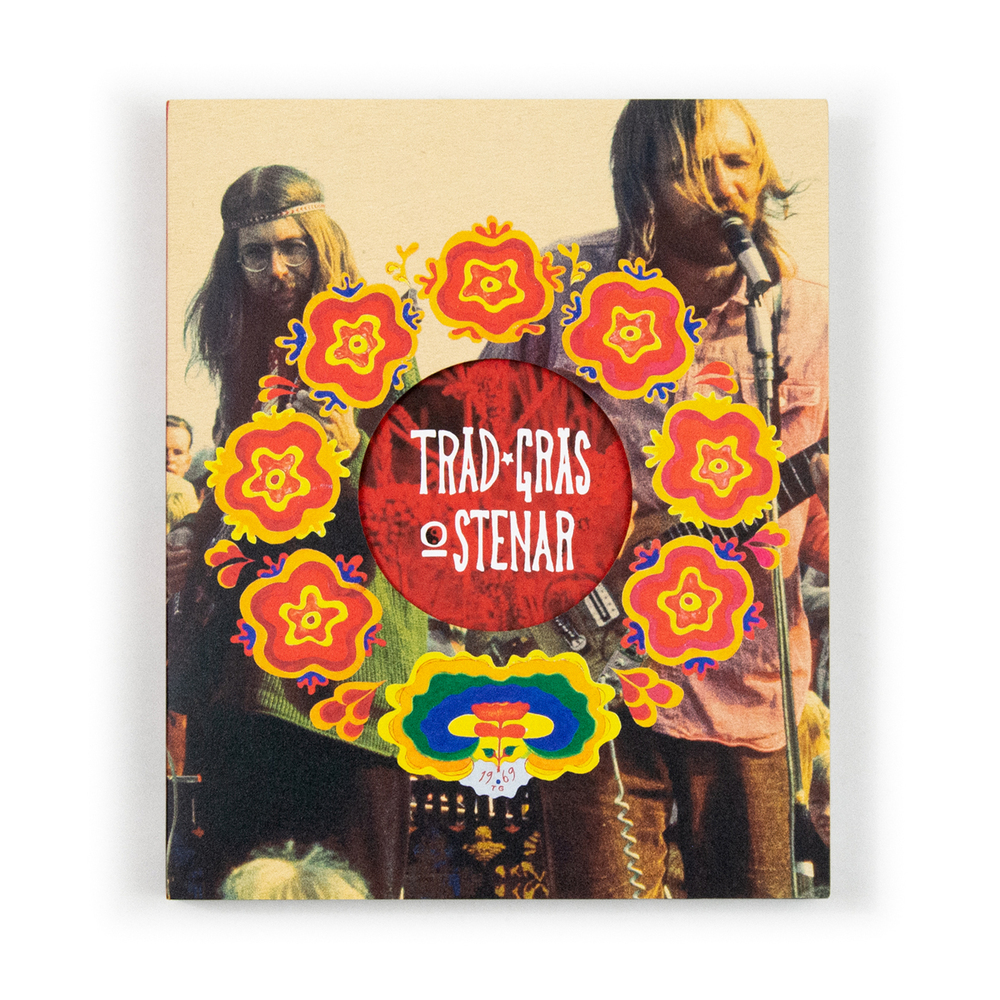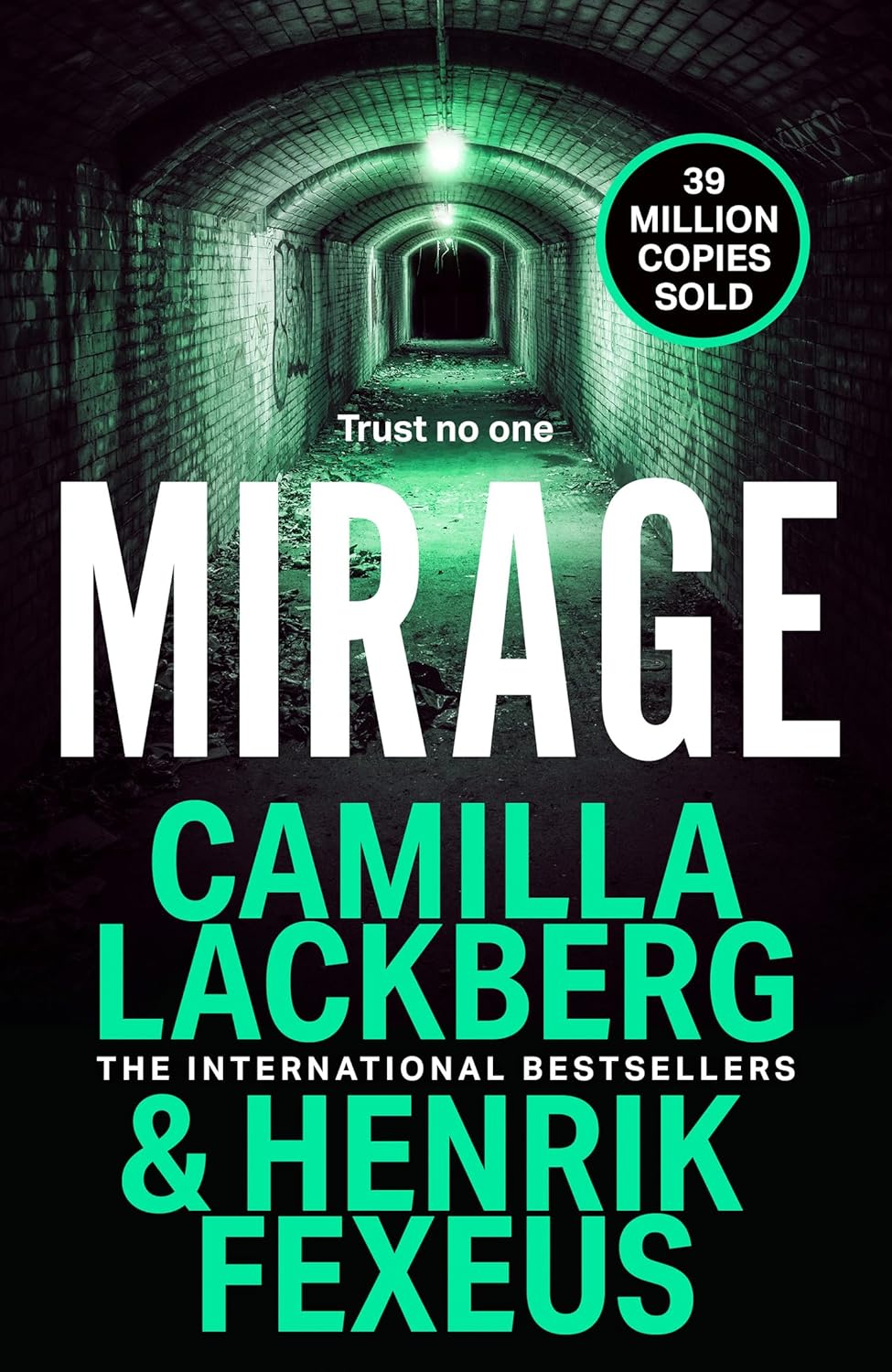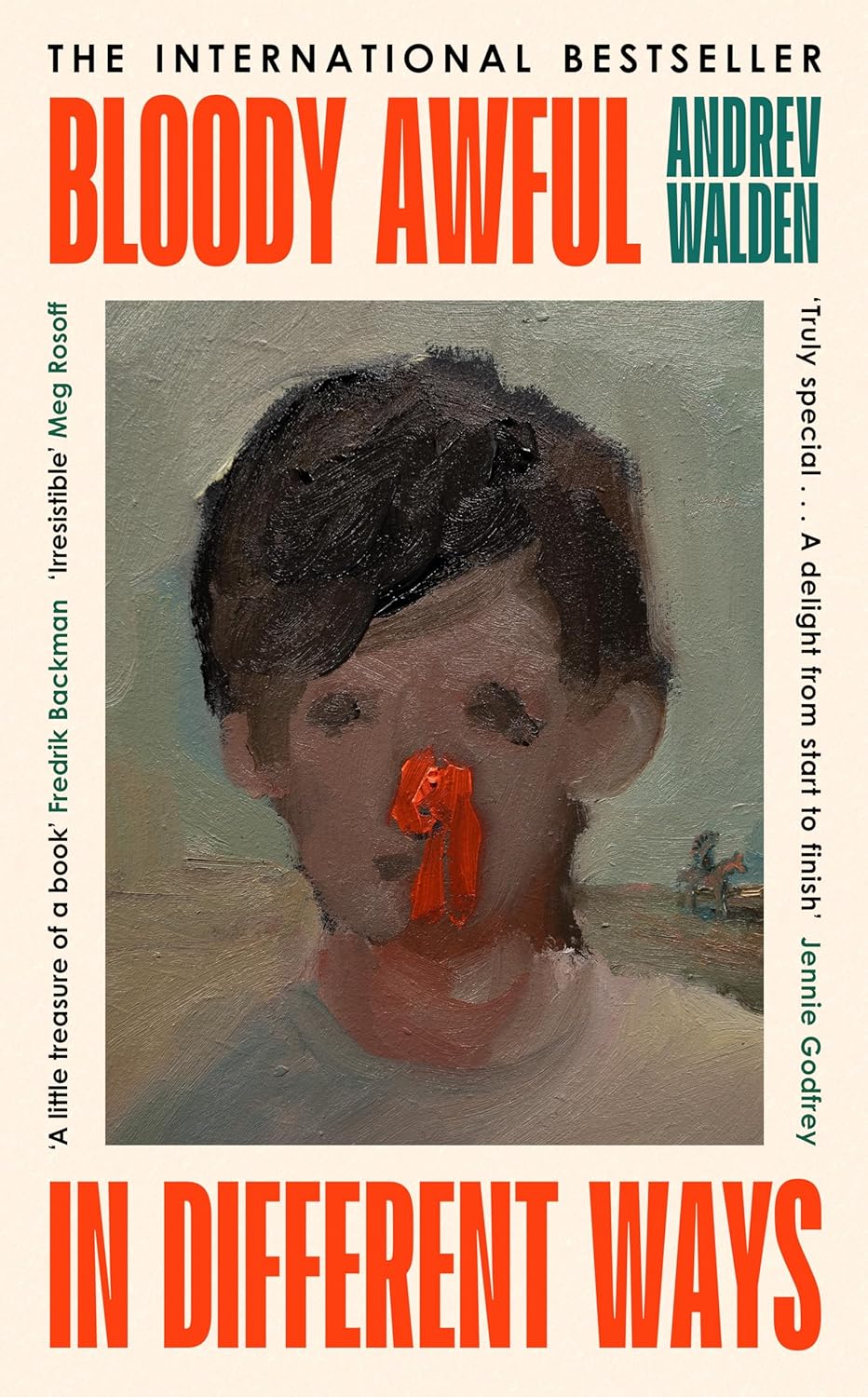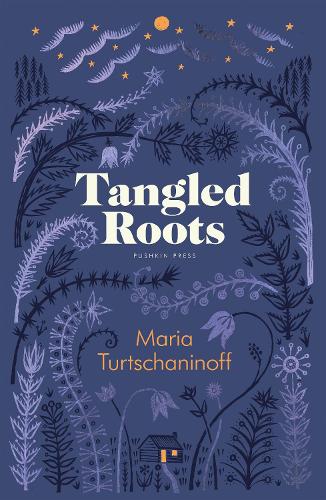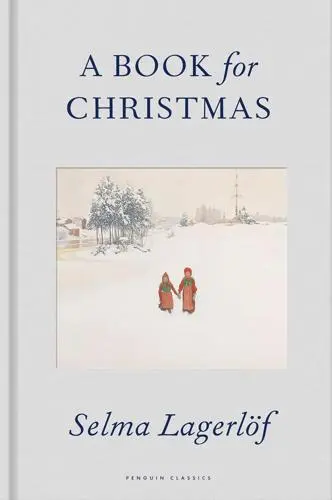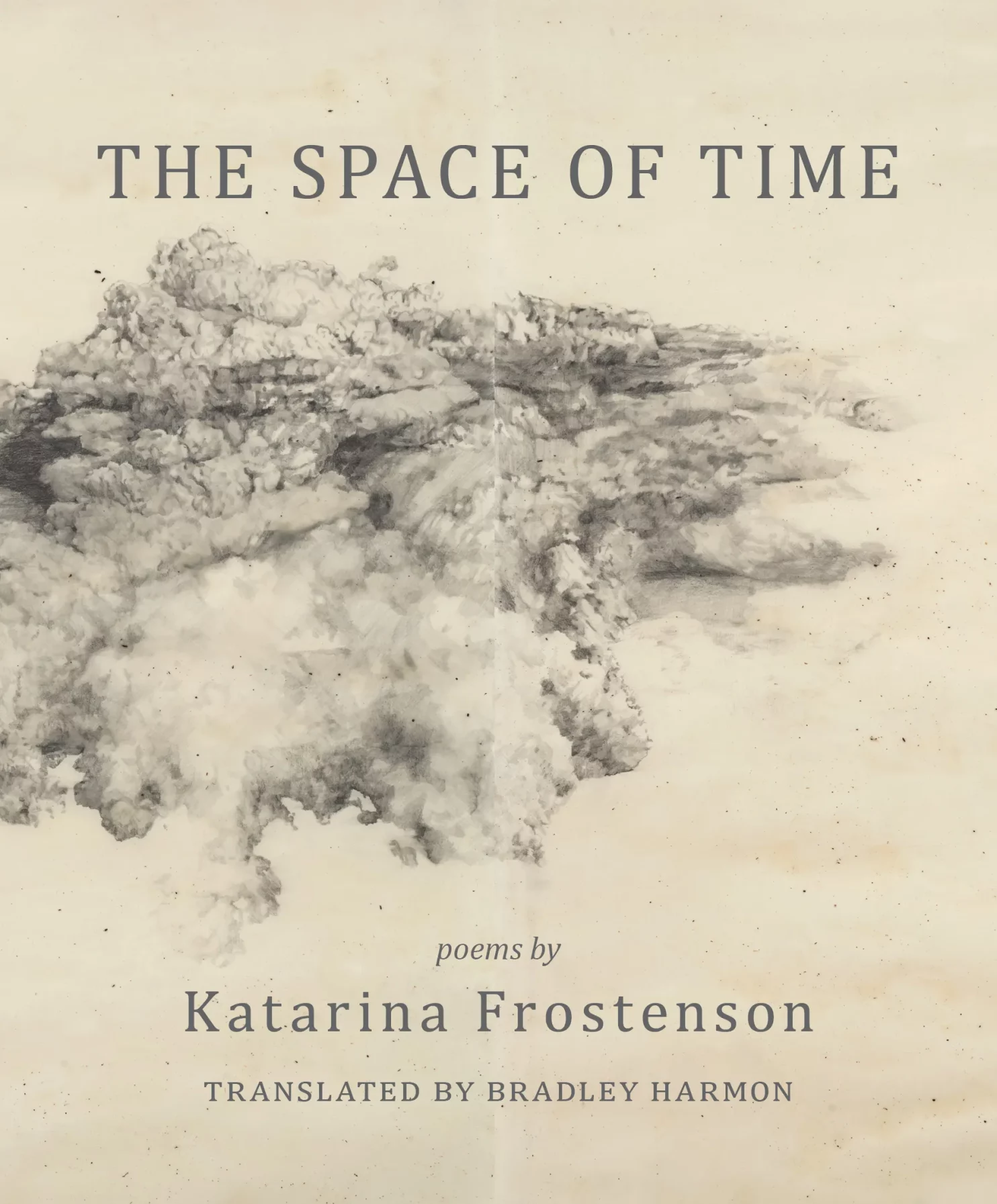Hailed as an “eminent collection in the proud tradition of Karin Boye, Gunnar Ekelöf and Tomas Tranströmer” and awarded the 2016 Nordic Council Literature Prize, Katarina Frostenson’s 2015 collection Sånger och formler will go down as one of her preeminent volumes.
Consisting of both short poems that capture the flutter of a feeling and long narrative poems that follow the movement of their speakers’ thoughts, the collection explores familiar themes such as death, mourning, the wonder of language and the passing of time with sharp acuity and fresh perspectives.
The English translation, titled The Space of Time, includes a note by the translator and an afterword by Professor Carin Franzén.
Advance Praise for The Space of Time
“Katarina Frostenson’s The Space of Time (Songs and Formulae) is an unsentimental and smoldering study of the ecological and utopic function of grief. Frostenson seems to speak to the universal orphan lost in the Open, in the landscape, in literature, in bedwarmth, and in lamentation. And Bradley Harmon’s English enchants and conjures with as much stupefying wonder as Frostenson’s Swedish does. In fact, Harmon’s translation is more than a marvel of synaesthetic ingenuity and musical invention. It’s a monument to the inimitable qualities of Frostenson’s poetry.” — Gabriel Gudding
“Translated by Bradley Harmon with great attention to its lyrical movement, this is the first English-language book by Frostenson, a leading poet in Sweden since the 1980s. Frostenson’s poetry combines philosophical inquiry (of language, experience, song) with arresting images, interrogation of language with a high lyrical velocity. The “lattice of language” moves and turns with a breathless momentum that lights up my synapses.” — Johannes Göransson
Katarina Frostenson’s The Space of Time (Songs and Formulae) is an unsentimental and smoldering study of the ecological and utopic function of grief. Frostenson seems to speak to the universal orphan lost in the Open, in the landscape, in literature, in bedwarmth, and in lamentation. And Bradley Harmon’s English enchants and conjures with as much stupefying wonder as Frostenson’s Swedish does. In fact, Harmon’s translation is more than a marvel of synaesthetic ingenuity and musical invention. It’s a monument to the inimitable qualities of Frostenson’s poetry.
—Gabriel Gudding
Read more at Threadsuns Press.

